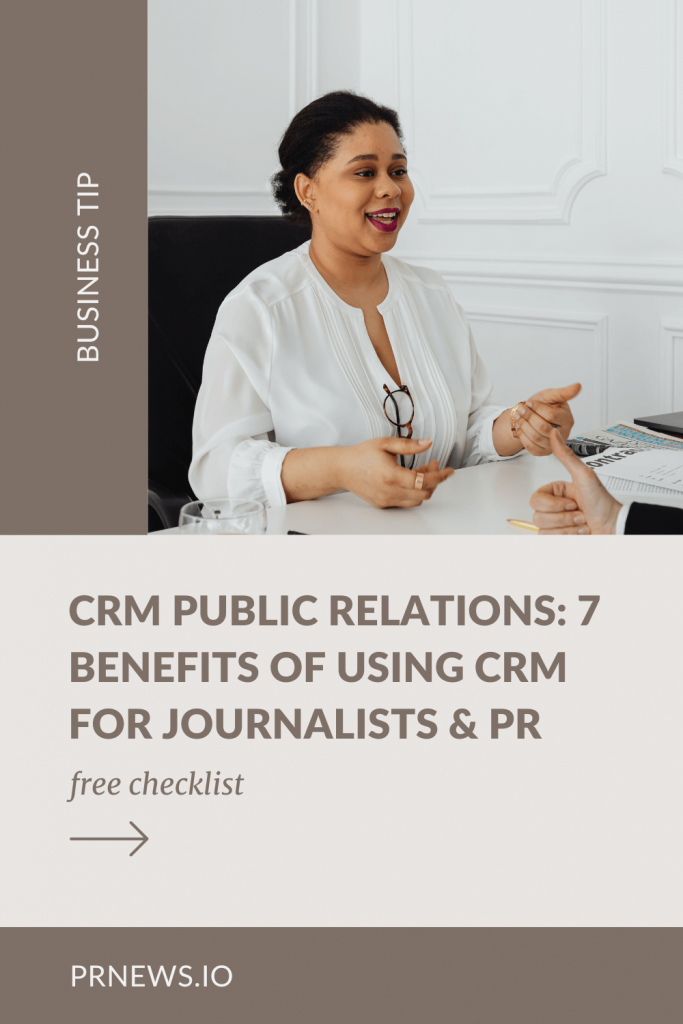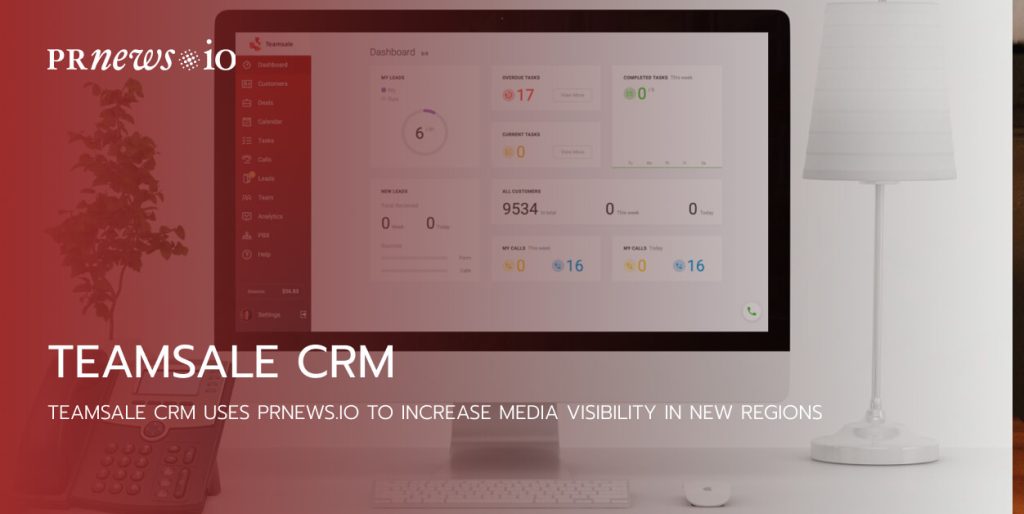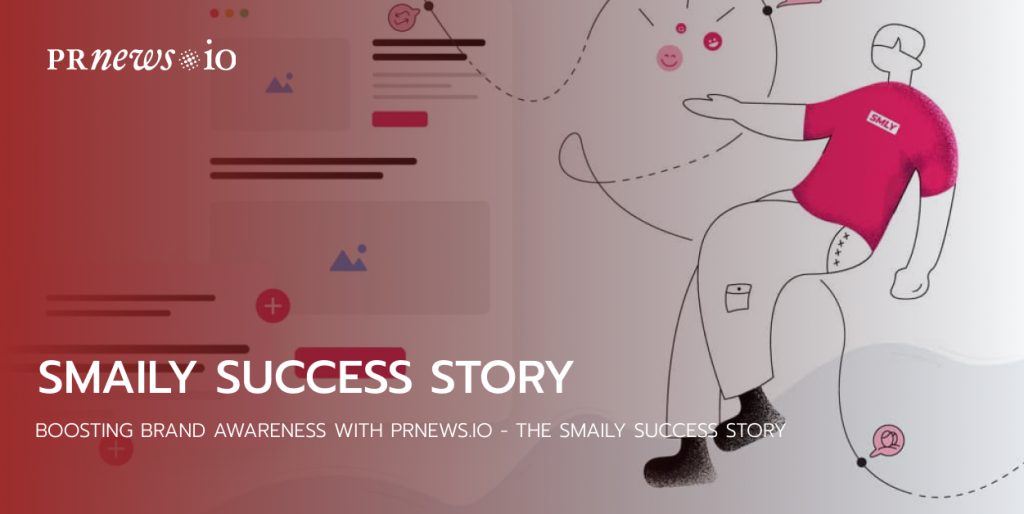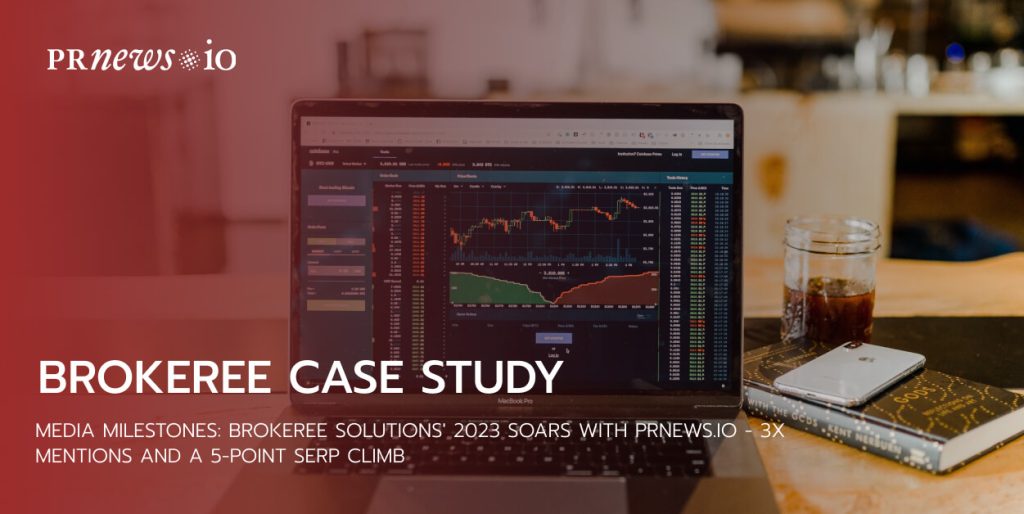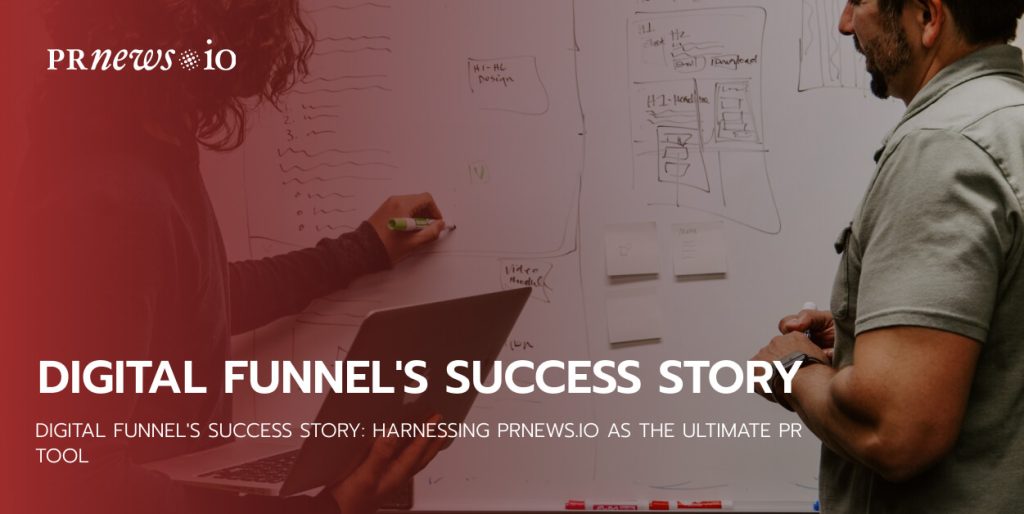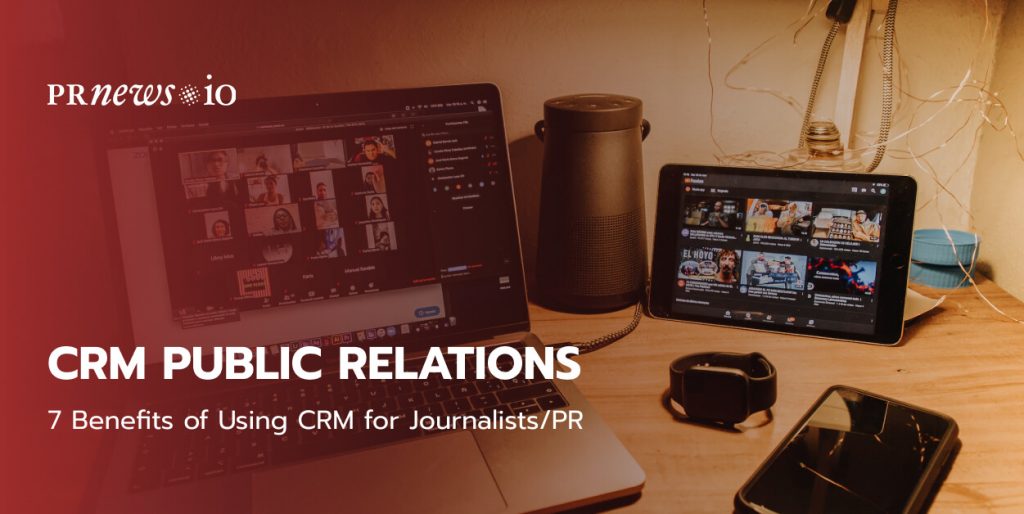
Customer Relationship Management or CRM, as it is widely known, has taken the world by storm. CRM tools have revolutionized the way we work; being extensively used for sales, customer service, talent acquisition, and marketing among others. CRM offers many benefits to its users such as using various communication channels, such as messengers, including WhatsApp for Business, to drive productivity and collaboration among teams.
However, many PR professionals have been behind and are still using archaic solutions with disjointed workflows and spreadsheets to manage reporter information, send media pitches, and track progress in general. Interestingly, according to recent studies, more than 60% of PR professionals still use spreadsheets as a major tool of the trade.
But how exactly can CRM help PR pros with the above issues? Here’s how.
What is Behind CRM for Public Relations?
The essence of Customer Relationship Management (CRM) is clear from its decoding. It is a system that helps keep records of customers and orders, analyze company productivity, manage staff and control the company’s finances, track buyers’ requests, and have access to their personal information. All of these features are necessary to increase conversions and provide high-quality customer service.
It is a software program through which entrepreneurs interact with clients. It’s basically the only client database that provides detailed information on every person who interacts with your company.
Just imagine how easy it is: staff can get information about a customer at any time. Moreover, you can manage the system yourself and if necessary, open or restrict access.
CRM has these features:
- communication with customers,
- analysis of results,
- the creation of reports, etc.
Depending on the selected PR CRM software you will have certain specific functions, with which it is easier to organize the work with clients.
Customer Relationship Management (CRM) is a technology and a strategy. CRM systems enable organizations to focus solely on their relationships with individual people – who could be a group of customers, colleagues, service users, or suppliers. Even though as a tool CRM is heavily used for sales, its applications are not confined and can be used in varied sectors such as HR, customer services, supply-chain management, and PR outreach.
Why is PR CRM Essential and Must-Have?
CRM helps automate the sales process, build a customer base and manage communication. Software simplifies the work of the business and makes it more convenient by performing routine tasks. Managers don’t have to remember and write in their notebooks lots of standard tasks. The system reminds them of this. Also CRM reduces the risk of mistakes through negligence and gives more time to perform other duties.
This software is needed in any business and it is especially true for internet commerce. The main benefits of CRM are as follows:
- gathering a customer base,
- creating the client’s profile,
- interaction with the buyer and saving the history of communication,
- sending out emails,
- analysis of the company’s work,
- processing time speeds up,
- increasing the number of sales,
- increasing customer loyalty,
- improving the quality of service,
- facilitating the processes which managers deal with.
Benefits of using CRM for journalists/PR
A CRM for media relations or public relations, which is often known as a PRM (Public Relations Management), eliminates the usage of Post-it Notes, spreadsheets, and other tools that are traditionally used to keep journalists organized.
Here are seven ways a Journalist or a PR pro can benefit from using a CRM:
Store and manage media contacts
A CRM system allows you to store and manage all of your media contacts in a single database. Such a system eliminates the dependency on multiple Excel spreadsheets and other tools to store information such as email correspondence, social media handles, conversation history, documents, payments and invoices, follow-up reminders, and everything else that pertains to a particular journalist or an influencer under one roof.
Most CRMs also provide a feature of organizing your media contacts with customized tags. This makes it easier for users to filter out contacts based on their needs.
Track media contacts for follow-ups
Following up with journalists and influencers is an important but time-consuming task. CRMs allow users to automate most of the mundane tasks of scheduling follow-ups or sending follow-up emails. This eliminates the long chain of emails between you and your contact, completely utilizing the potential of the CRM platform to pitch relevant media collaborations.
Track important data and KPIs
A data-driven PR is not a new thing.
Every business operation has always relied on data to understand the market, track metrics, and generate results. Using a CRM system provides a ton of information when it comes to analyzing the data. It helps you reveal and keep a track of all the important metrics and KPIs to continuously improve correspondences and find relevant influencers who are interested in your business or service. For example, you can track whether someone has read your email, if someone has visited your website via the campaign, or the bounce rate of your email campaign. This allows you to improve your campaigns and outreach before the next email goes out.
CRMs also provide dashboards with powerful insights on campaign performance, reporter engagement, and outreach effectiveness, that can be easily shared as reports with your team and clients.
Integrate multiple tools with a single system
Sales CRM systems often have integrations with multiple tools to track sales activities on different platforms. Similarly, PR CRMs provide integrations with tools such as Google Analytics and Gmail to track and correlate PR activities with business outcomes. This means users don’t need to keep track of metrics on different platforms, but rather can see the same on a single dashboard to make data-driven decisions.
Collaborate easily with teams
If you have multiple PR teams working closely under a company, you may not always know who is pitching media requests to which reporter or have people already reached out twice to the same person. With continuous and disjointed campaigns to manage, this becomes a PR nightmare.
CRMs allow users to easily organize all their conversations with their media contacts in one software. You can collaborate with teams and integrate with communication software to keep your team informed about the latest updates.
Ability to monitor news
Social listening is important to find new PR opportunities. PR CRMs now can track and monitor social news, conversations, and mentions about your company or about your competitors to identify relevant PR opportunities. This helps in building meaningful and productive relationships with journalists and influencers in the industry.
Develop better personal relationships with insights
PR pros gauge their success based on the successful and meaningful relationships they build with their contacts. This could include their peers, clients, other media reps, and influencers. A CRM system for public relations shows more personal data about your media contacts, which includes their interests in movies, their favorite genre of music, and much more. This kind of personal information is important when sending out relevant media pitches and allowing you to connect with them on a personal level. This reduces over or under-pitching.
Content Marketing Platform
- 100,000+ media publications;
- get backlinks to your product;
- scale work with content distribution.
CRM Public Relations: Basic Types
Operational. These are systems that solve the tasks of interaction with customers. The program collects information about the users, systematizes it, and provides it to the employees in a convenient form. Regular operational CRM takes the quality of service to the next level.
Such PR CRM software works directly during contact with the customer. They:
- record and store the history of communication with the customer,
- register incoming customer requests,
- automate work with documents,
- allow you to set tasks and distribute the load on the employees,
- remind staff about planned tasks.
Analytical. They gather data about customers and use it to build reports. With their help you will know how successful your sales are, what the profitability of promotion is and what you should do to increase the income.
Analytical CRMs optimize the sales process and internal company mechanisms. They identify the most loyal audience, as well:
- divide the contact base by type,
- determine the cost and value of the request,
- predict the probability of sales turning into a deal.
Collaborative. This CRM type is rare, as it is necessary for companies with multiple departments. The main function is to provide and simplify the process of communication with the client. They allow you to receive feedback. This information helps to form and adjust the offer.
Combined. Such CRM public relations performs the functions of several CRM types at the same time. Most often it is a mix of operational and analytical systems. Such programs allow one to keep a detailed client base and build simple reports on it without in-depth analysis.
Why Does a Business Need a PR CRM?
The longer your company has been in business and has a higher growth rate, the more likely you need CRM software. A business needs to implement an automated system if:
- you are losing potential clients,
- you find it difficult to evaluate and monitor the effectiveness of your work,
- it’s difficult to analyze the effectiveness of your business,
- you need a common data source about all clients,
- your customer service is inefficient,
- you want to improve communication with buyers,
- you want to build long-term relationships with clients, employees and other participants in the work process.
How to Choose an Effective PR CRM Software?
There are many great CRMs on the market, but it would be a mistake to choose the first you find. Understand what type you need, their features, and what are the benefits of each software. When you are sure of your choice, start a CRM installation.
Let’s figure out what to focus on when selecting one. So, if you work in a specific niche, like the tourism industry, then the program should have a specific set of features. It concerns any sphere, so consider the specifics. Decide also in what way you will run the CRM.
Focus on the following:
- Ease of setup and operation. Choose a clear system without complex features if you run the software yourself. Contact support or watch video reviews for more details.
- Integration with other apps. The system should be able to integrate with the programs used in the work. It may be a delivery service, a mailing list and so on.
- Features. Here you need to think ahead. The system must work for you not only now, but also in six months or a year. And over time, the list of requirements will increase. Evaluate whether you can implement them, so you don’t have to think about implementing a new CRM soon.
Price. Don’t economize on the system. Limited options won’t get you anything. The choice on the market is so great that you can find the best balance of features and cost.
Wrapping up
Again, a PR CRM can do a lot more than what has been described above. It is a robust platform that allows you to enhance PR pitches, monitor media contacts, track social listening, and improve relationship management all in one single system.
Modern business requires the automation of various processes, which greatly simplifies the work. It is already difficult to imagine an actively developing company without configured storage or accounting systems, as well as the use of special software. Such a tool helps in PR because it is a bridge between attracting customers and your business. Now you have to choose the necessary PR CRM software and implement it in your company.
Save to Pinterest
You can save this page to your Pinterest board for later.
